Webinars
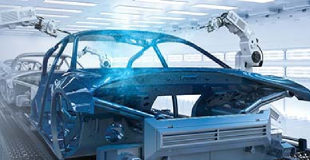
Integrated Product Development of ISO 26262, ASPICE, and Cybersecurity using a Software Platform
The combustion engine is making way for the electric and autonomous vehicles. With this disruption, the new era ushers in changes in how New Product Development is conducted with what Omnex calls “coupled design.
Click here for more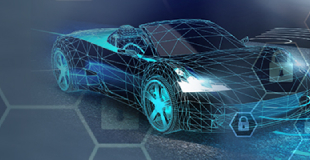
Integrating of ISO 26262 Functional Safety, ASPICE, and Cybersecurity Standards
With expectations for over 113, 126 and 45 work products in ISO 26262, Automotive SPICE and ISO/SAE 21434 respectively, redundant activities plague new product development while organizations battle with compliance needs.
Click here for more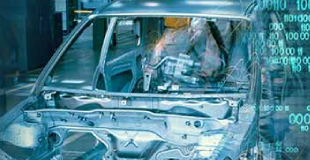
ISO 26262 Automotive Safety Introduction
Automotive Functional Safety, ISO 26262, has gained importance in the recent years with the advent of the Electric Vehicle and Autonomous Vehicle market.
Click here for more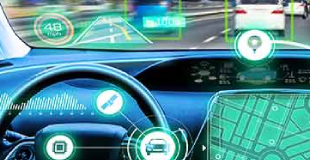
Electric and Autonomous Vehicle Platforms for Automotive SPICE® and ISO 26262 Functional Safety
The lack of integration between the elements of the BOM and the functionalities, make conformance to IATF 16949, Functional Safety and Automotive SPICE® difficult.
Click here for moreApplying Functional Safety with Semiconductors, ISO 26262 - PART 11
On December 20, 2018 the second edition of ISO 26262 was published. One of the biggest challenges, and opportunities in the document, was the guidance offered in Part 11 to Semiconductor organizations.
Click here for more
Implementing ISO 26262 Together with SOTIF
ISO 21448 (SOTIF) is currently in a committee draft (CD) form and work is underway to become a DIS later this year.
Click here for more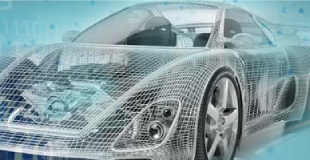
Conducting Functional Safety Audits & Assessments for ISO 26262
Functional Safety ISO 26262 requires Functional Safety Assessors to conduct Assessments, Audits, and Confirmation Reviews.
Click here for more
The New ISO 26262 2nd Edition – Changes and Highlights
On December 20, 2018 the second edition of ISO 26262 was published by ISO. What has changed in this new second edition of ISO 26262 and how will it impact you?
Click here for more
SOTIF Mission Accomplished: The New International Standard ISO 21448
According to the US Department of Transportation's National Highway Traffic Safety Administration (NHTSA), less than 1% of vehicle crashes are attributed to vehicle failure (the domain of ISO 26262), and the remaining attributed to other reasons involving hazardous scenarios containing one or more vehicles.
Click here for more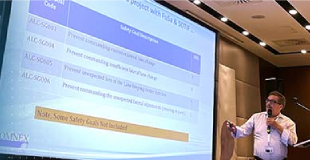
Harmonized Implementation of ISO Standards for Functional Safety, SOTIF & Cybersecurity
The ISO/SAE 21434, ISO 21448 (SOTIF), and ISO 26262 (functional safety) follow similar approaches in their structure, organization, and requirements.
Click here for more
ISO/SAE 21434: The Newly Released International Standard for Automotive Cybersecurity
The ISO/SAE 21434 - Road Vehicles - Cybersecurity Engineering standard was just released.
Click here for more
The New ISO/SAE 21434:2021: Road Vehicles – Cybersecurity Engineering
The Automotive Cybersecurity international standard ISO/SAE 21434:2021 has just been published. There are 15 clauses in this release of the standard with 17 cybersecurity management processes.
Click here for more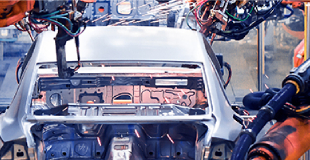
Best Practices in Implementing Automotive Cybersecurity (ISO 21434) and UNECE Regulations R155 and R156
Latest technologies, features, and options of current and future vehicles have created many attack surfaces that have put the security of vehicle assets in great jeopardy.
Click here for more
Implementing Automotive Cybersecurity in the Supply Chain – Best Practices
The international automotive cybersecurity standard ISO/SAE 21434 and the European regulations R155 and R156 have been in effect for over a year.
Click here for more
Automotive Cybersecurity - Making Sense of a Complex Landscape
Automotive Cybersecurity. If you are confused, you are not alone. First, you have ISO 27001 the information security management system standard for organizational and infrastructure Cybersecurity and an Automotive version of it called TISAX or a Trusted Information Security Assessment Exchange.
Click here for more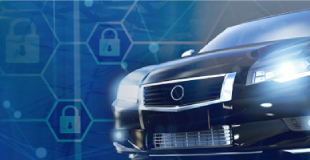
Automotive Cybersecurity Threats, Vulnerabilities, & Mitigations: Role of Standards
Vehicles are becoming increasingly complex with many convenience, functional, performance, and safety features added constantly.
Click here for more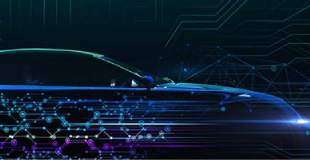
Automotive Cybersecurity Integration with Functional Safety and Automotive SPICE®
As the automotive industry continues to progress towards the path of developing highly connected electric and autonomous vehicles, the need to consider automotive cybersecurity at the design stages is becoming crucial.
Click here for more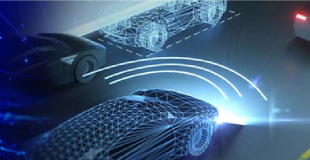
The Ever Changing Landscape of Automotive Cybersecurity-Will There Be a Limit?
Automotive cybersecurity is much more than ISO/SAE 21434, ECE regulations R-155, R-156, and other similar standards and regulations.
Click here for more
Net Zero IWA 42 and Carbon Neutrality Standards ISO 14068
This webinar is an informative and exciting discussion on Net Zero Carbon and Carbon Neutrality. Chad Kymal, CTO of Omnex, has been at the forefront of this movement and believes now is the time for organizations to ensure their programs follow standards set by ISO.
Click here for moreCase Studies
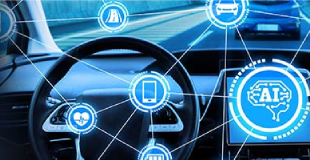
SOTIF Case Study : Building a Safe Automated Driving System Functionality
The automotive industry continues to develop ADAS (advanced driver assistance Systems) and automated driving systems called ADS (automated driving systems).
Click here for moreWhitepapers

Gate4SPICE Event "Role of ASPICE in Functional Safety, SOTIF and Cybersecurity Standards
Companies implementing ISO 26262 Functional Safety, ISO 21448 SOTIF and ISO 21434 Cybersecurity will need to leverage ASPICE in their respective implementations.
Click here for more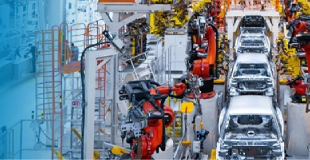
Considerations of Functional Safety, Automotive SPICE®, and Cybersecurity in Automotive New Product Development
Organizations in the automotive and other industry sectors such as steel, plastics, and semiconductors have been heavily influenced by automotive industry standards and practices like IATF 16949, Advanced Product Quality Planning (APQP), Failure Mode and Effects Analysis (FMEA), and Production Parts Approval Process (PPAP).
Click here for more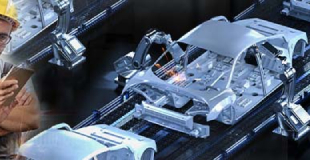
Implementing Automotive Cybersecurity in the Supply Chain
Vehicles are becoming increasingly complex with many convenience, functional, performance, and safety features added constantly.
Click here for more
Automotive Cybersecurity and Controls
Cybersecurity is not a new term. Cybersecurity has been on the rise since the 1980s with increasing levels of sophistication and has been continually targeting more technologies.
Click here for moreNo records found